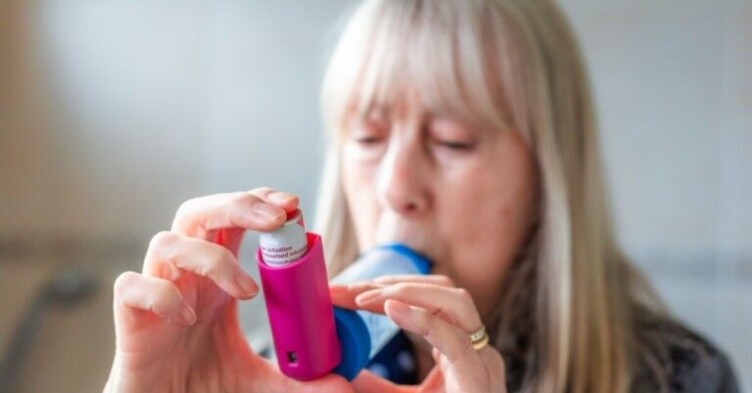Patients experience a ‘postcode lottery’ for ADHD treatment due to gaps in care and lack of support for GP practices, a new national survey has found.
Researchers from the University of Exeter who undertook the survey say GPs and other primary care professionals need more support to offer appropriate ADHD treatment in line with UK guidelines.
The researchers found considerable variations in the way ADHD is treated in young adults across the country, with GPs often unsupported in shared care arrangements with uncoordinated services, leaving patients unable to access treatment.
Related Article: Safety warning on overuse of SABA inhalers from MHRA
The report Support for primary care prescribing for adult ADHD in England: national survey is published in the British Journal of General Practice and highlights the challenges facing both patients and primary care when people are diagnosed with ADHD.
ADHD is a common neurological disorder, affecting up to 7% of children and up to 5% of adults. Pharmacological treatments can effectively improve symptoms such as hyperactivity, impulsivity and inattention. However, failure to treat the symptoms of ADHD can make daily life difficult for many ADHD patients and increase the risk of mental health issues, as well as placing pressure on those working in the health service.
The survey was conducted in conjunction with the wider MAP research project and involved more than 750 people from across the country, including commissioners, healthcare professionals working in primary care, and people with lived experience of ADHD.

Current NICE guidelines recommend that primary care practitioners prescribe medication for adult ADHD under formal ‘shared-care’ agreements with Adult Mental Health Services (AMHS). The researchers found significant variation in the organisation of these shared care agreements, leading to uneven access to care.
If appropriate support is not in place, GPs may not prescribe ADHD medication due to concerns around insurance and liability. This can be a particular problem for patients with a private diagnosis of ADHD and leaves GPs unable to provide adequate care and many patients without access to the medication they need.
Related Article: Government seeks nurse views to underpin first-ever men’s health strategy
In addition, 40% of survey respondents reported waiting two years or more for an appointment with adult mental services, leaving primary care clinicians responsible for the patient’s care.
Access to treatment was also found to be worse for women and for children leaving care, leading to increasing rates of health inequality.
Dr Anna Price, senior research fellow at the University of Exeter, said: ‘Our findings highlight the need for a coordinated approach to address problems that lead to a postcode lottery for patients trying to access treatment for ADHD. GPs and other primary care professionals need better support so that they can provide shared care prescribing of ADHD medication in line with UK guidelines.
Related Article: Cases of myalgic encephalomyelitis could be higher than projected
The research comes as NHS England has announced the establishment of a taskforce and a major review of ADHD services.
Dr Price added: ‘We welcome the establishment of the NHS England taskforce, and is a much-needed step towards better outcomes for people with ADHD.’






